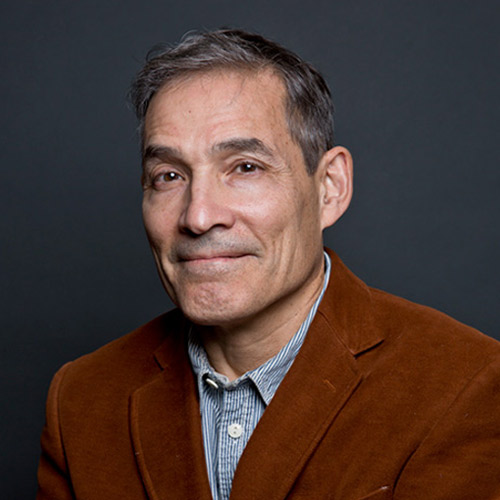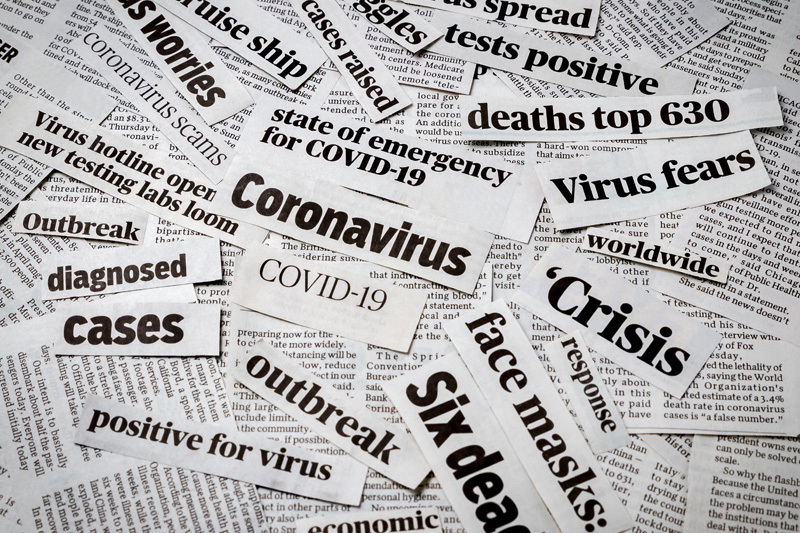We’re 11 months into the COVID pandemic. Life has been massively disrupted by illness, loss, economic upheaval, shuttered schools and more.
So how are we doing?
“Pretty well,” says Teachers College’s George Bonanno, Professor of Clinical Psychology, leading resilience expert and head of TC’s Loss, Trauma and Emotion Lab, who is featured prominently in an article in the British daily The Guardian titled “I’m a Survivor! How Resilience Became the Quality We All Crave.”

George Bonanno, Professor of Clinical Psychology and Founding Director of TC's Resilience Center for Veterans & Families (Photo: TC Archives)
The crisis “has already been going on for a long time; we’ve been adapting,” Bonanno says — an assessment consistent with his prior groundbreaking research showing that about two-thirds of people generally cope well with adverse events. “It doesn’t mean that people breeze through, but for most of us, it is within our ability to endure.”
But that picture could worsen as the pandemic drags on, warns Bonnano, who is Founding Director of TC’s Resilience Center for Veterans & Families. People cope well with isolated adverse events or even disasters, but sustained stress over a period of time “wears us out,” he says, “and our capacity to adapt begins to break down.”
Sustained stress over a period of time “wears us out,” Bonanno says, “and our capacity to adapt begins to break down.”
Rather than focusing on “resilience,” a term that has become overused and often misapplied, Bonanno, who is writing a book called The End of Trauma, prefers to think about “flexibility.” The goal, he suggests, should be “teaching people how to actively deal with stressors, so they can take advantage of whatever resources, whatever traits, whatever strengths they have. If they’re flexible, they can learn how to use those in a way that fits the particular situation. The flexibility idea is that you figure out what’s the best thing to do right here in this moment.”
The flexibility idea is that you figure out what’s the best thing to do right here in this moment.
—George Bonanno, Professor of Clinical Psychology
The good news, he adds, is that “we’re pretty good at adapting and often we do it without even knowing we’re doing it. We learn some aspects as small children — for instance, a parent or teacher will tell us how we’re expected to behave in a certain situation” — and over time we hone our skills at what Bonanno calls “context sensitivity.”
“It’s reading the context, reading what’s happening and decoding it so you know what you need to do.” When a flexible response works well, he says, “the outcome is resilience.”
